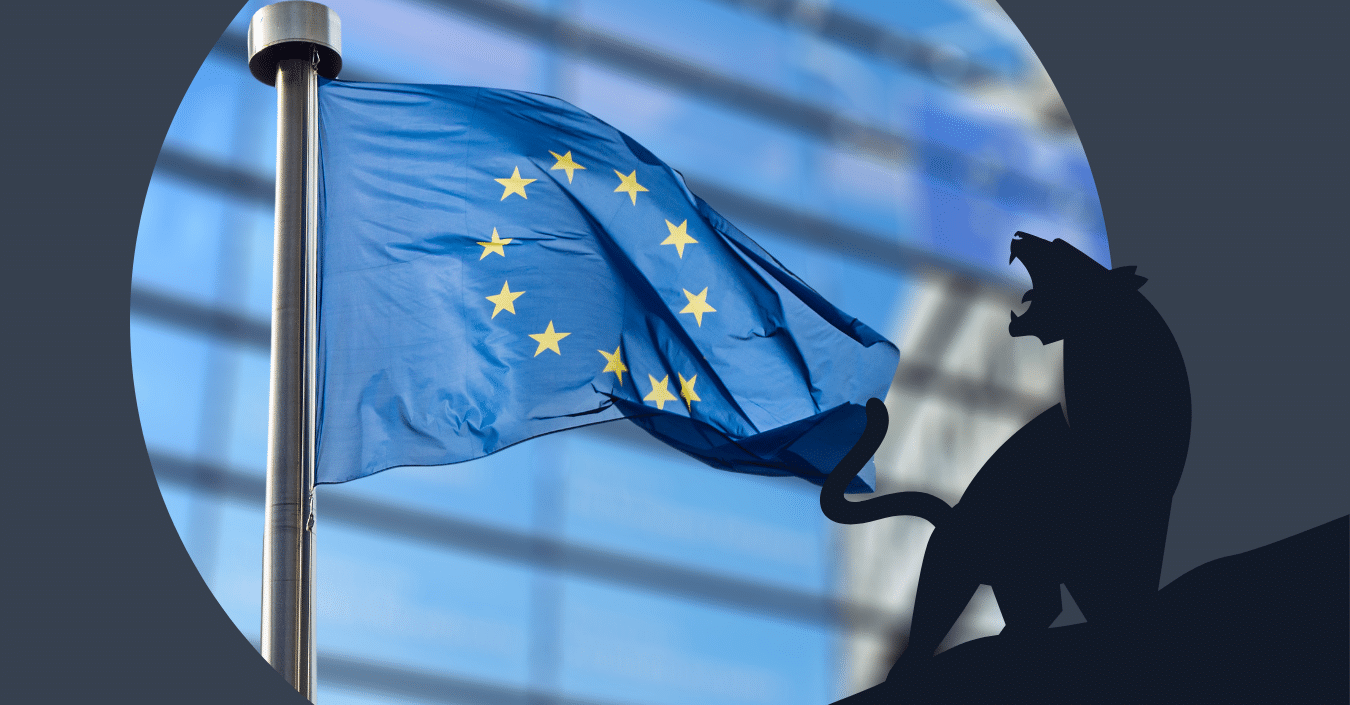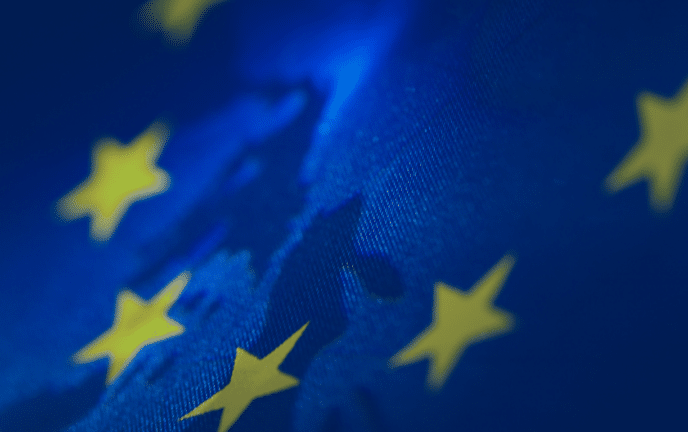In our interconnected digital world, the European Wallet has emerged as a game-changing solution, serving as a secure and versatile digital passport. However, misconceptions surrounding its purpose and implications have given rise to skepticism and concerns. As a Chief Technology Officer (CTO), I aim to dispel these misunderstandings and explore the transformative potential of the European Wallet as a trusted identification tool and a platform-independent KYC solution. By providing an engaging narrative, diving deeper into the details, and emphasizing the benefits, we can fully grasp the power and versatility of this innovative solution while safeguarding privacy.
Myth Busting: Understanding the European Wallet as a KYC Identification Tool
The European Wallet is not just another digital wallet or a surveillance tool; it is a comprehensive, privacy-centric digital passport, designed to adhere to the eIDAS 2 regulation. This regulation ensures the legal recognition and acceptance of digital signatures and electronic identities across the European Union. The European Wallet empowers individuals by giving them complete control over their personal data, stored securely on their own mobile phones.
The European Wallet is a result of the self-sovereign identity movement, which aims to give individuals control over their own data. It is a tool that allows individuals to securely manage and store their personal information, such as identification details, age, and other relevant credentials. With the European Wallet, individuals have the power to decide when and how to share their data, ensuring privacy and control remain in their hands.
Addressing Concerns of Government Surveillance and Data Tracking
One of the prevalent misconceptions surrounding the European Wallet is the belief that the government has unfettered access to individuals’ personal data, leading to concerns about surveillance and constant tracking of their activities. However, it is crucial to dispel this misconception and shed light on the actual workings of the European Wallet, which prioritize privacy and put individuals in control of their own data.
Contrary to the perception of constant surveillance, the European Wallet does not grant the government or any other external entity unrestricted access to individuals’ personal data. Instead, it enables individuals to selectively share specific information when needed, putting them in control of what data is disclosed and to whom. This means that individuals can share their credentials for verification purposes without revealing unnecessary personal details.
For example, consider a scenario where an individual wants to purchase alcohol and needs to prove they are over 21 years old. Traditionally, this would require presenting physical identification documents containing sensitive information such as full name, date of birth, and address. However, with the European Wallet, your verified age attribute is securely scored within the wallet. When making the purchase, you can digitally share a verified proof of your age without revealing unnecessary personal details, protecting privacy while meeting the required age verification.
Platform-Independent KYC Verification: Streamlining Services
The platform-independent nature of the European Wallet revolutionizes the way individuals access various services that require KYC verification. Whether it is opening a bank account, applying for loans, accessing online marketplaces, or signing up for new services, the wallet eliminates the need for repetitive manual verification processes and minimizes the exposure of personal information.
Imagine Maria, a young entrepreneur looking to secure a business loan. Traditionally, she would face the daunting task of gathering numerous documents, submitting them to the lender, and enduring a lengthy verification process. However, with the European Wallet, Maria can securely store her verified identification details, financial history, and business credentials within her mobile phone’s European Wallet application. When applying for the loan, she can selectively share the necessary information with the lender, providing a seamless and efficient process. The European Wallet’s secure and tamper-proof verification ensures compliance with KYC regulations, making the loan approval process faster and more convenient for Maria, all while protecting her privacy.
Digital Signatures: Ensuring Legally Binding Contracts with Complete Control
The European Wallet extends its functionality beyond identification to include secure and legally binding digital signatures. With the European Wallet, individuals can digitally sign documents and contracts with the same legal value as traditional wet signatures, all while maintaining complete control over their data.
Consider John, a freelance graphic designer collaborating with a new client. In the past, signing a contract involved printing, signing, scanning, and exchanging physical documents, which often led to delays and increased administrative work. However, with the European Wallet, John can leverage the European Wallet application on his mobile phone to create a unique digital signature that is linked to his identity. This digital signature ensures the integrity and authenticity of the contract, protecting it from tampering. By signing digitally within his European Wallet app, John eliminates the need for physical documents, reduces administrative burdens, and expedites the contract process while maintaining full control over his data.
Unlocking New Business Models and Enhanced Customer Service
The European Wallet not only benefits individuals but also opens up new opportunities for companies. By utilizing the wallet’s capabilities, companies can streamline their KYC processes, reducing repetitive verifications and offering a more efficient onboarding experience for their customers. With the European Wallet, companies can securely and selectively access customer data, eliminating the need for customers to repeatedly provide sensitive information. This not only saves time and resources but also enhances customer trust and satisfaction.
Moreover, the digital signature feature of the European Wallet enables companies to facilitate secure and legally binding transactions with their customers. By embracing digital signatures, companies can eliminate the reliance on physical paperwork, reduce administrative overhead, and expedite contract processes. This opens up new business models and opportunities for companies to offer innovative services that cater to the digital-savvy customer base.
Government’s Role: Building Trust through Transparency and Education
As we navigate the era of digital transformation, it is essential for the government to address doubts and fears surrounding the European Wallet. By being open and transparent about its functionalities, security measures, and adherence to privacy regulations, the government can foster trust and alleviate concerns. It is the responsibility of the government to educate the public about the added value and benefits of the European Wallet, assuring individuals that it is designed to protect their privacy and provide them with control over their personal data.
My Takeaway
As a CTO, I firmly believe that the European Wallet is not a threat but a natural extension of our digital lives, offering a more efficient and secure alternative to traditional paper-based processes. It opens up a world of business opportunities, allowing companies to serve their customers better while maintaining privacy and data control. Let us embrace the transformative power of the European Wallet and unlock its full potential in shaping a digital future built on trust, efficiency, and enhanced customer experiences. The European Wallet is not about surveillance; it is about bringing convenience, security, and new business opportunities to individuals and organizations alike.






